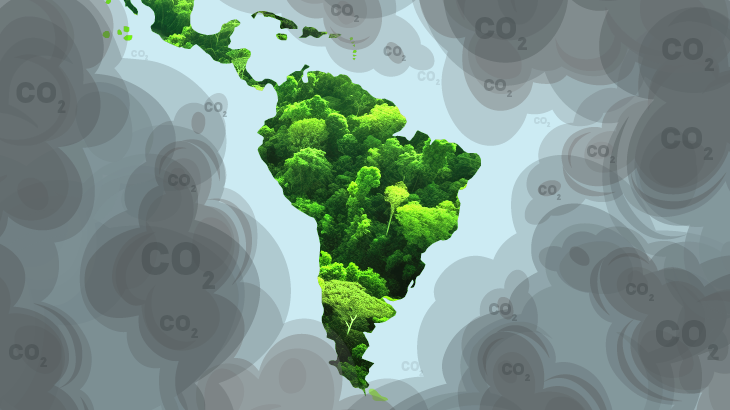
The most recent
Abstract
Although greenhouse gas emissions from the Latin America (LAC) region are not particularly significant, climate change is a worldwide challenge. Hence, we analyze the main factors that increase and mitigate emissions in LAC countries by emphasising the importance of preserving and safeguarding forested regions. To do that, we estimate a Panel Fully Modified Ordinary Least Square model for Argentina, Brazil, Chile, Colombia, Ecuador, Mexico, and Peru by using a sample period between 1970 and 2018. We find that an increase of 1 % in forested area leads to a reduction of CO2 (Kt per capita) emissions by 0.23 %. From the policy perspective, our findings draw attention towards the promotion of reforestation and afforestation initiatives. Furthermore, these long term policies will hold substantial significance, given the region’s immense potential, with more than a fifth of the world’s forest reserves.


